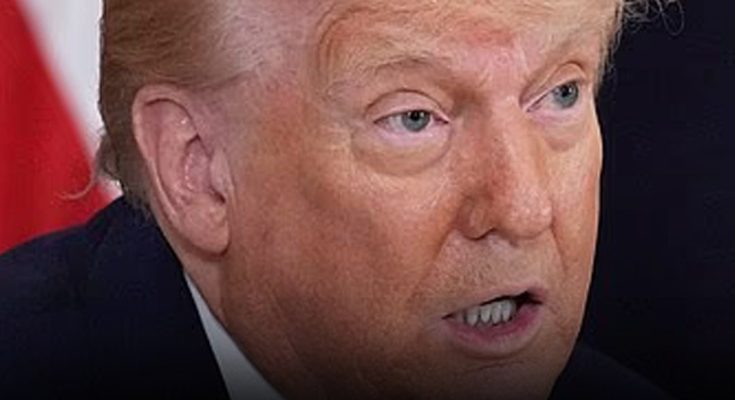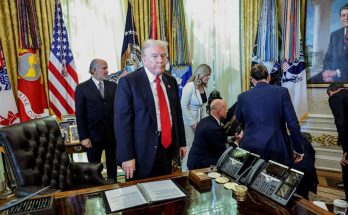Potential Addition of Egypt Under Review
Trump also indicated that Egypt may soon be added to the list of restricted nations following a recent high-profile incident in Colorado. An Egyptian national—reportedly in the U.S. on an expired visa—was accused of carrying out an attack at a pro-Israel rally. In response, Trump directed the Secretary of State and Director of National Intelligence to review Egypt’s current security protocols and provide recommendations.
Reasons Behind the Ban
According to the White House, the decision to restrict travelers from certain countries is based on several key criteria:
Inadequate data sharing and lack of access to criminal history records
High visa overstay rates
Limited cooperation in the return of deportable individuals
Inability to meet baseline security vetting standards
For example:
Iran was cited for its refusal to accept deportees and for alleged links to global terrorism.
Eritrea was flagged for unreliable documentation.
Somalia was identified as a potential base for terror activities.
Haiti was noted for visa overstay concerns and migration-related strain on local resources.
Trump added that countries could be removed from the restricted list if they significantly improve their vetting processes. Conversely, new countries may be added if security risks emerge.
Leadership Behind the Policy
The policy was crafted in coordination with senior administration officials, including:
Secretary of State Marco Rubio
Secretary of Defense Pete Hegseth
Attorney General Pam Bondi
CIA Director John Ratcliffe
The White House clarified that the ban allows limited exemptions for athletes and support staff traveling for global events such as the Olympics and World Cup—a measure that anticipates international travel surrounding the 2028 Los Angeles Games.
Echoes of Past Immigration Policies
The new proclamation mirrors Trump’s earlier 2017 travel ban, which targeted several Muslim-majority countries. That policy, upheld by the U.S. Supreme Court, was later reversed by President Joe Biden, who labeled it discriminatory. Trump, however, maintains that such actions are necessary and rooted in national security, not prejudice.
“We must know who is coming into our country and why,” Trump said. “It’s our responsibility to protect our people, values, and institutions.”
As the June 9 enforcement date approaches, the order is expected to face diplomatic pushback and legal scrutiny. Still, Trump’s team insists the restrictions are data-driven and designed to safeguard the country from avoidable threats.



